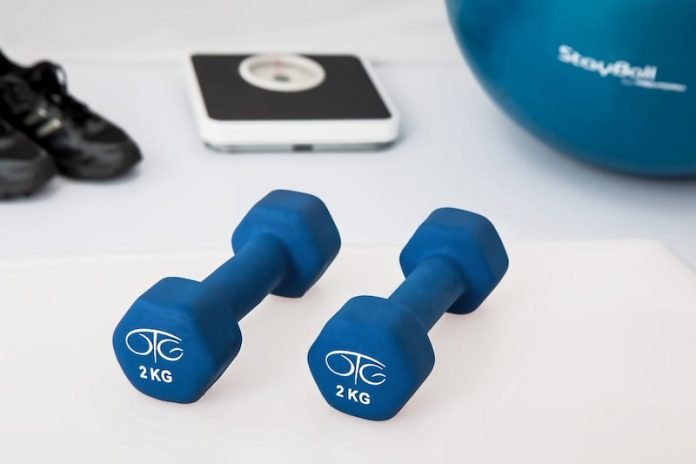
In a new study, researchers from the Singapore Institute for Clinical Sciences found a single bout of aerobic exercise could increase insulin sensitivity the next day.
It is known that the inability to regulate blood sugar (glucose) levels is linked to obesity and type 2 diabetes.
While people trying to lose weight choose to eat less or exercise more, mechanisms behind glucose-regulating effects of these practices are not clear.
Insulin stimulates skeletal muscle and other tissues throughout the body to take glucose from the blood.
The inability of the pancreas to secrete insulin or of muscle to respond to insulin (“insulin resistance”) can cause elevated blood glucose.
In this study, 32 young, lean, healthy adults undertook energy deficits of 350 or 700 calories through aerobic exercise or eating less and had their blood taken for glucose and insulin measures over a three-hour period the following morning.
The team found exercise increased muscle sensitivity to insulin, with more exercise demonstrating a greater effect, while energy deficits induced through diet did not.
Both exercise and diet decreased pancreatic insulin secretion.
These results show that exercise and diet have tissue-specific effects in controlling blood glucose and, although preliminary, suggest that aerobic exercise may prevent insulin resistance better than dietary restriction.
The lead author of the study is DING, CHERLYN.
The study is published in Medicine & Science in Sports & Exercise.
Copyright © 2019 Knowridge Science Report. All rights reserved.


